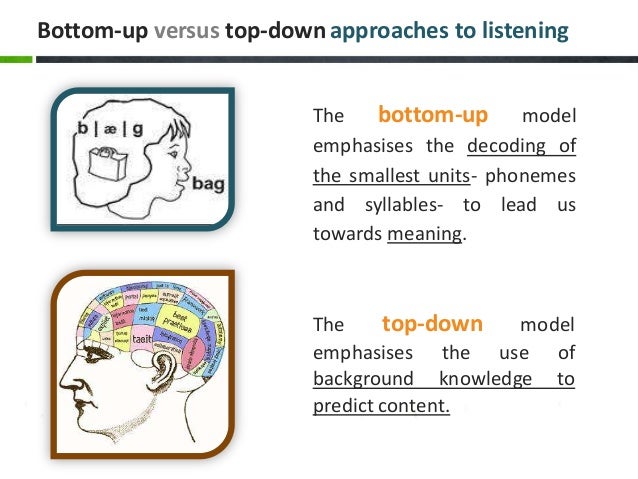FIRST SESSION "Teaching listening"
TEACHING LISTENING
Listening as comprehension is the traditional way of thinking about the nature of listening. indeed, in most methodology manuals listening and listening comprehension are synonymous. this view of listening is based on the assumption that the main function of listening. In second language learning is to facilitate understanding of spoken discourse.


Some activities to develop the listening skill as well as the speaking skill in the class are:
1.Dual dictation: in pairs students should be able to write a dialogue about a specific topic, student A speaks and the student B writes down what they are going to say, and vice versa. in this activity both skill is develop listening and writing.
2. Group story telling: teachers have to divide the class in group, in each group should be a leader in which will tell a short story. then each students will share their points of view about the story-
3. Listen for the hidden phrase: students have to find out the right word in a song, and then students will share the hidden words that they have understand.
4. Looking at pictures and ask what they are think about the picture: students have to speak about the
things that are in the pictures.
Bottom up- and top-down play an important role in the learning process, both has to be used in a English class, so teacher should know when he can use them either in the level of the students or the activities to perform for getting a good knowledge of the units.

The names "top down" and "bottom up" refer to the level of a perceptual system operating in perseption. Think of the sense orgam (eye, ear, etc) as the bottom (lowest level) of a perceptual system and the asociation cortex of the brain as the highest level. Top down processing therefore refers to processing based on what is already in the mind or (highest levels of) the brain. Bottom up processing refers to processing based on what is in the stimulus array reaching the sense organ. Of course, both normally operate. It is not an either or matter.
Comentarios
Publicar un comentario